Earning the Fire Safety Merit Badge is a valuable achievement for any Scout. It teaches important skills and knowledge related to preventing and responding to fires, not only protecting themselves but also their families and communities. One of the key steps in earning this badge is completing the Fire Safety Merit Badge Worksheet. This worksheet is a comprehensive tool that guides Scouts through the requirements, helping them understand the various aspects of fire safety. Completing the worksheet diligently will not only prepare you for the discussions with your counselor but will also solidify your understanding of crucial fire safety concepts.
The worksheet typically covers topics ranging from the causes and prevention of fires to proper emergency response procedures and the use of fire extinguishers. It also often includes practical exercises like developing a home fire escape plan and demonstrating knowledge of different types of fire hazards. This thorough approach ensures that Scouts gain a well-rounded understanding of fire safety, allowing them to become proactive advocates for fire prevention in their homes and communities.
Fire Safety Merit Badge Worksheet Answers
While the answers on your own worksheet should reflect your personal learning and research, here’s a helpful guide to common responses and topics covered in the Fire Safety Merit Badge Worksheet. Remember, understanding the *why* behind the answers is just as important as knowing the answers themselves. Always discuss your responses thoroughly with your merit badge counselor to ensure you have a strong grasp of the material.
Below is a typical example of answers of common questions.
-
Discuss with your counselor and then answer the following questions:
- a. What are the three things that must be present for a fire to start?
- b. Name five common causes of fires in the home.
- c. Name three common causes of forest fires.
Fuel, Heat, and Oxygen. This is often referred to as the “fire triangle.”
Cooking equipment (unattended stoves, grease fires), Heating equipment (space heaters too close to flammable materials), Electrical malfunctions (faulty wiring, overloaded outlets), Smoking materials (carelessly discarded cigarettes), and Children playing with fire (matches, lighters).
Lightning strikes, Human carelessness (unattended campfires, discarded cigarettes), and Arson.
-
Home Fire Safety
- a. Explain the importance of having working smoke detectors in a home. Where should they be located? What kind of batteries are required, and how often should they be changed? How often should smoke detectors be tested?
- b. Develop a home fire escape plan. Draw a floor plan of your home, indicating at least two exits from each room. Establish a meeting place outside of your home. Conduct a home fire drill. How often should a fire drill be conducted?
- c. What is the proper procedure for dealing with the following?
Smoke detectors provide early warning of a fire, giving occupants time to escape. They should be located on every level of the home, inside each bedroom, and outside sleeping areas. Most smoke detectors require alkaline or lithium batteries, depending on the model. Batteries should be changed at least twice a year (a good reminder is when you change your clocks for daylight saving time). Smoke detectors should be tested monthly by pressing the test button.
(This requires you to draw a floor plan and conduct a fire drill specific to your home. Document the date of the drill and any issues you encountered.) Fire drills should be conducted at least twice a year.
- I. A grease fire in a kitchen pan.
- II. A fire in a microwave oven.
- III. A fire in a clothes dryer.
Smother the flames with a lid, baking soda, or a fire extinguisher rated for Class B fires. Never use water, as it will spread the grease and intensify the fire.
Turn off the microwave and keep the door closed. If the fire doesn’t extinguish itself, unplug the microwave and call the fire department.
Turn off the dryer and unplug it. Clean the lint filter and the dryer vent to prevent future fires.
- d. What should you do if your clothes catch fire?
-
Fire Extinguishers
- a. Name the four different classes of fire. For each class, give at least two examples of what might cause such a fire.
- Class A: Ordinary combustibles (wood, paper, cloth)
- Class B: Flammable liquids (grease, gasoline, oil)
- Class C: Electrical fires (appliances, wiring)
- Class D: Combustible metals (magnesium, titanium)
- b. Describe the different types of fire extinguishers. Explain which type of fire each should be used on.
- c. Demonstrate how to properly use a fire extinguisher.
Water extinguishers (Class A fires), Carbon dioxide extinguishers (Class B and C fires), Dry chemical extinguishers (Class A, B, and C fires), and Wet chemical extinguishers (Class K fires – kitchen fires involving cooking oils and fats).
(This requires a physical demonstration. Remember the acronym PASS: Pull the pin, Aim at the base of the fire, Squeeze the lever, and Sweep from side to side.)
-
Community Fire Safety
- a. Contact your local fire department. Learn about the services the department offers to the community.
(Document your contact with the fire department and the services they provide, such as fire prevention education, smoke detector installation, and emergency response.)
Stop, Drop, and Roll. Stop where you are, drop to the ground, and roll over and over to smother the flames. Cover your face with your hands to protect it.
Remember to thoroughly research each requirement and answer the questions in your own words. Understanding the principles behind the answers is crucial. This example is not exhaustive and should only be used as a guide. Consult with your merit badge counselor for specific instructions and requirements. Good luck completing your Fire Safety Merit Badge!
If you are looking for Fire Safety Merit Badge Workbook Pdf you’ve came to the right place. We have 22 Images about Fire Safety Merit Badge Workbook Pdf like Fire Safety Merit Badge Worksheets, Firearms Safety Merit Badge Worksheet and also Safety Merit Badge Worksheet – Printable Calendars AT A GLANCE. Here you go:
Fire Safety Merit Badge Workbook Pdf
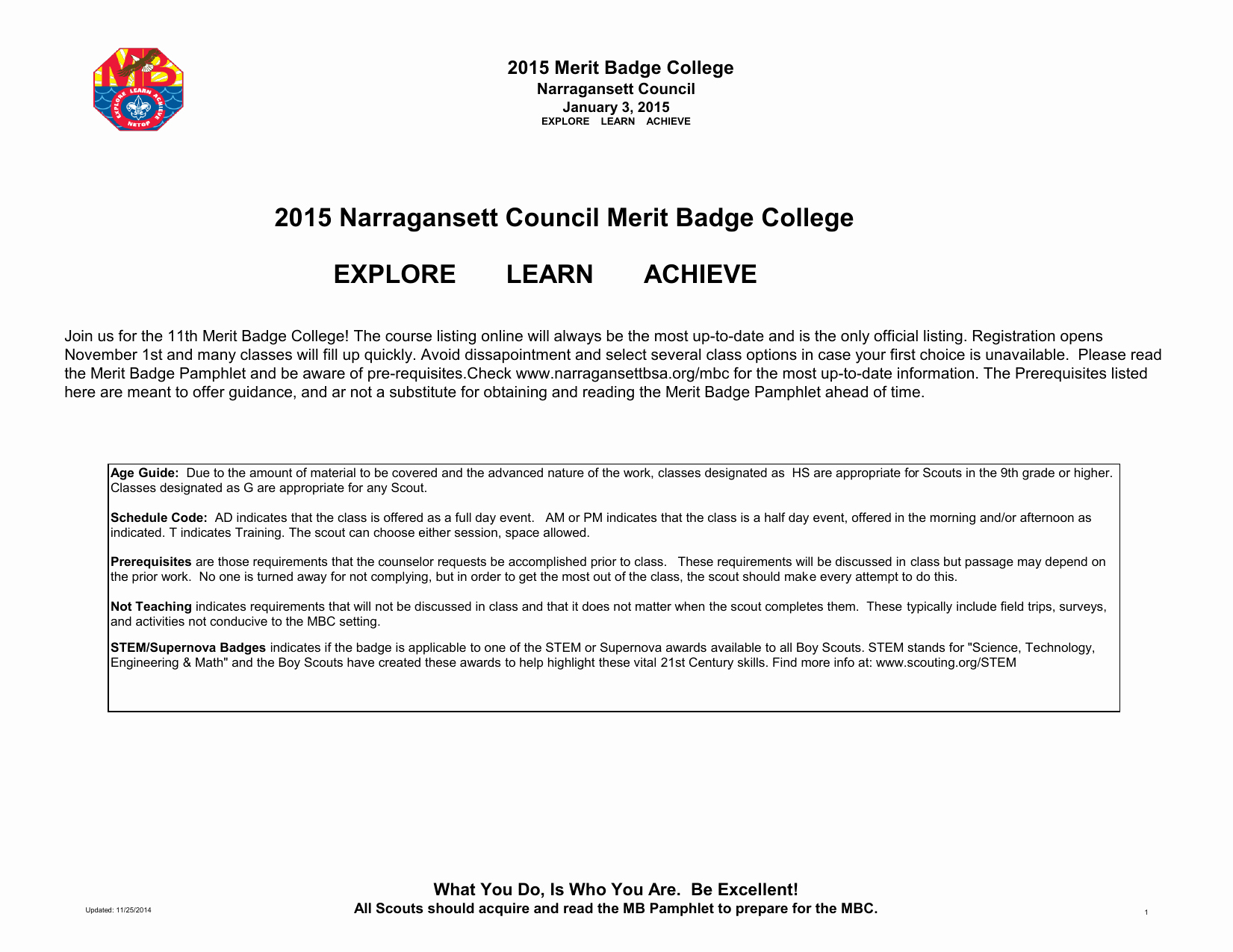
lessonschoolseeniveauksl.z21.web.core.windows.net
Safety Merit Badge Worksheet – Printable Calendars AT A GLANCE

ataglance.randstad.com
Fire Safety Merit Badge Book

learningmockage.z21.web.core.windows.net
Fire Safety Worksheets

sartenadajx6studyquizz.z13.web.core.windows.net
Bsa Fire Safety Merit Badge Worksheet

emmandikgrdblearning.z13.web.core.windows.net
Traffic Safety Merit Badge Worksheet

neltmoorndxadblearning.z13.web.core.windows.net
Printable Fire Safety Worksheet

materialschoolanke.z13.web.core.windows.net
Fire Safety Merit Badge Troop 504 | PPT
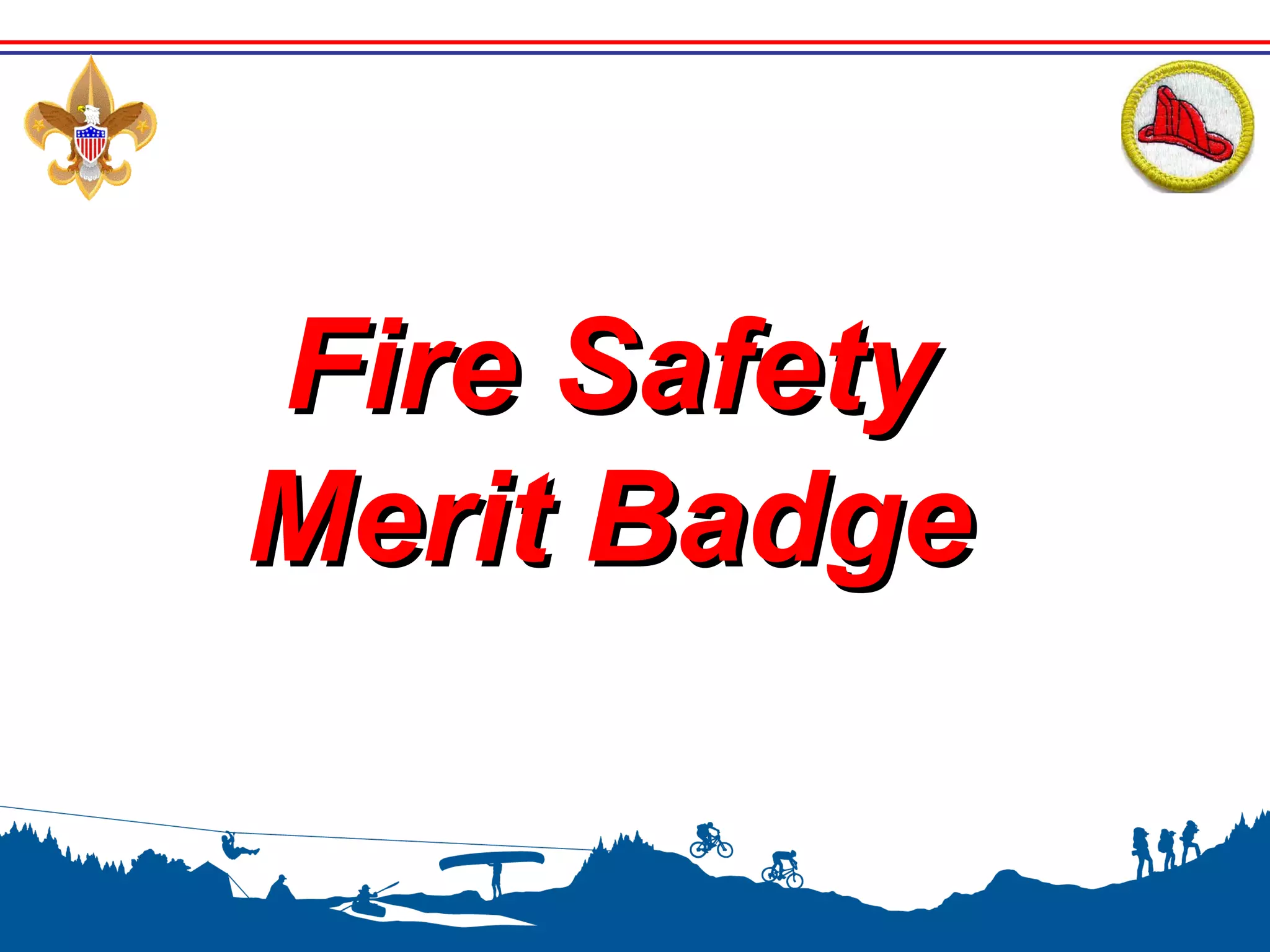
www.slideshare.net
Fire Safety Merit Badge Worksheet Pdf

learningschoolbutaram40.z19.web.core.windows.net
Fire Safety Merit Badge Worksheet – Printable Word Searches

davida.davivienda.com
Fire Safety Merit Badge Worksheet – Owhentheyanks.com
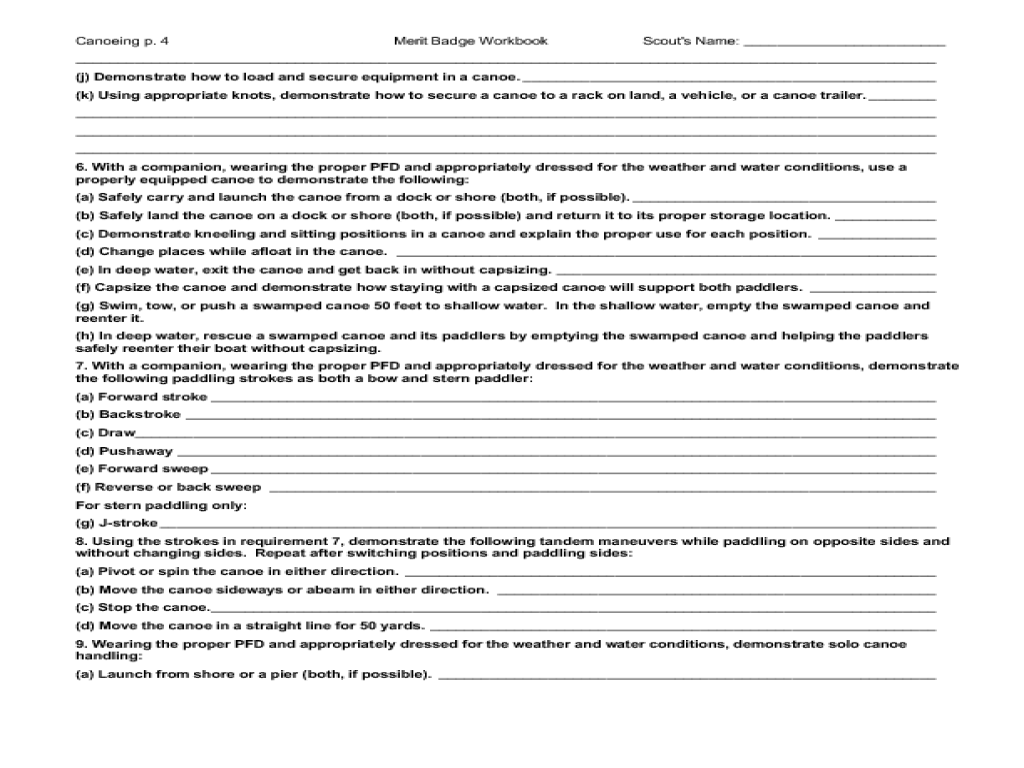
www.owhentheyanks.com
Fire Safety Merit Badge Troop 504 | PPT
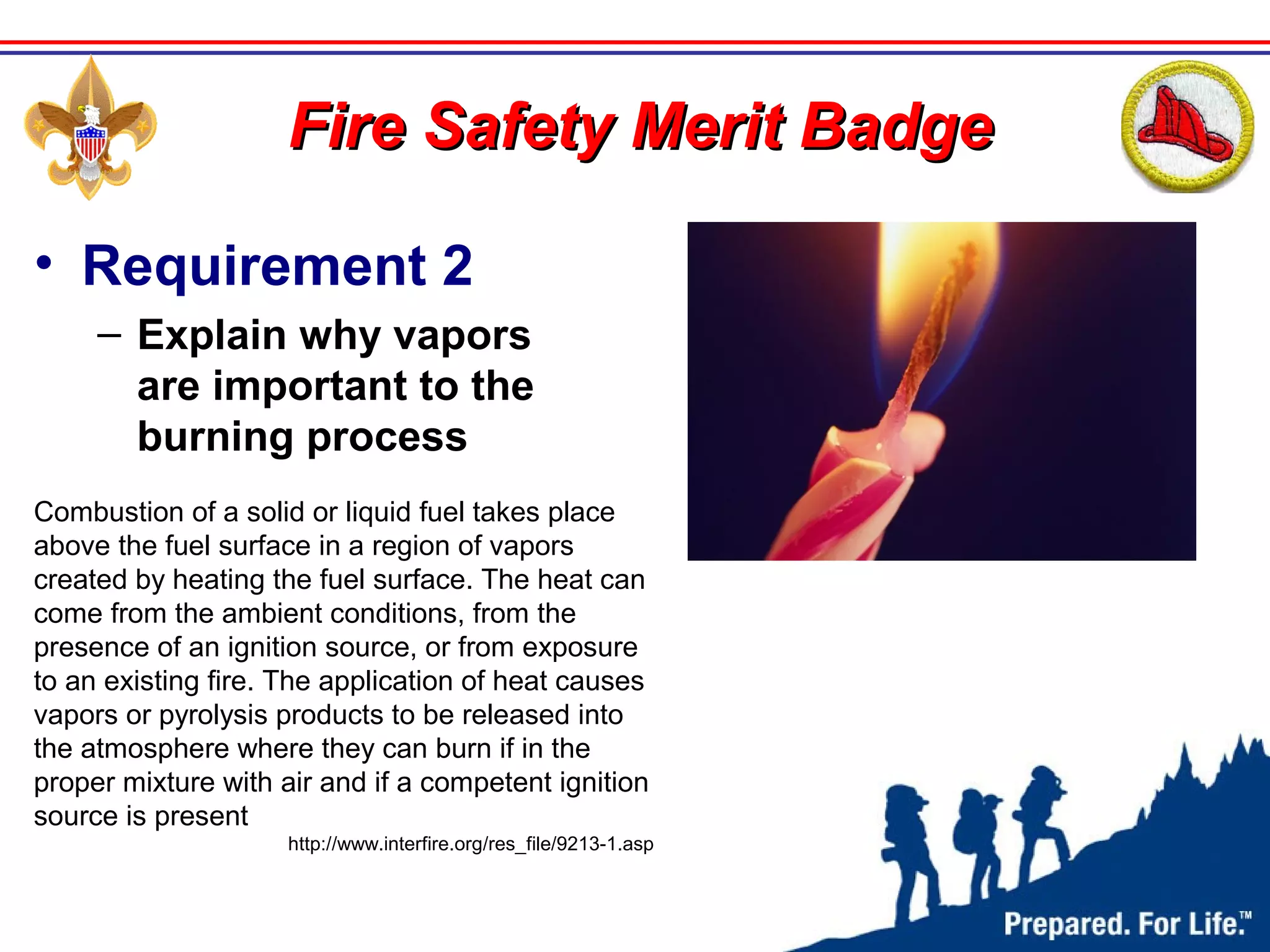
www.slideshare.net
Bsa Fire Safety Merit Badge Worksheet
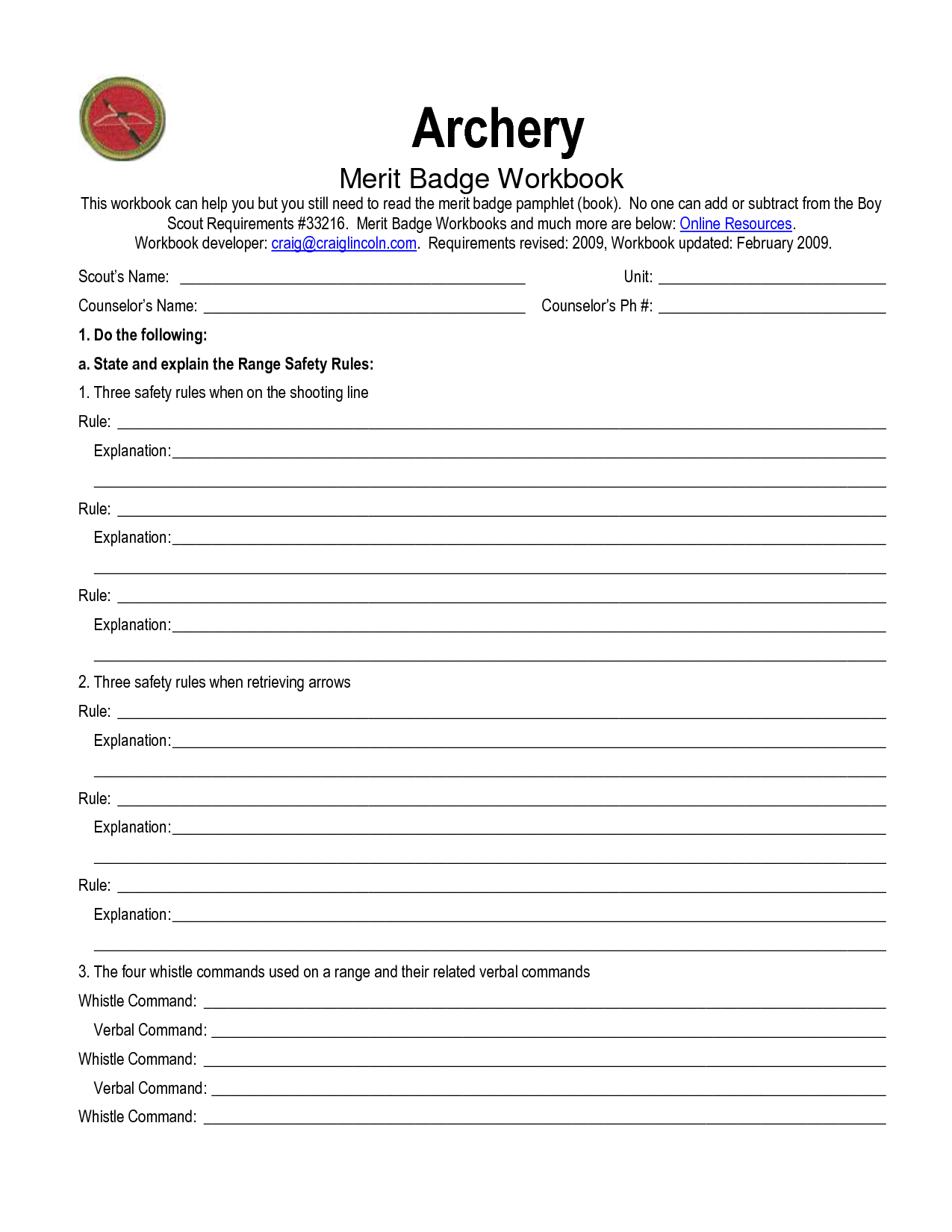
escalampid1zdblearning.z13.web.core.windows.net
50 Fire Safety Merit Badge Worksheet – Chessmuseum Template Library
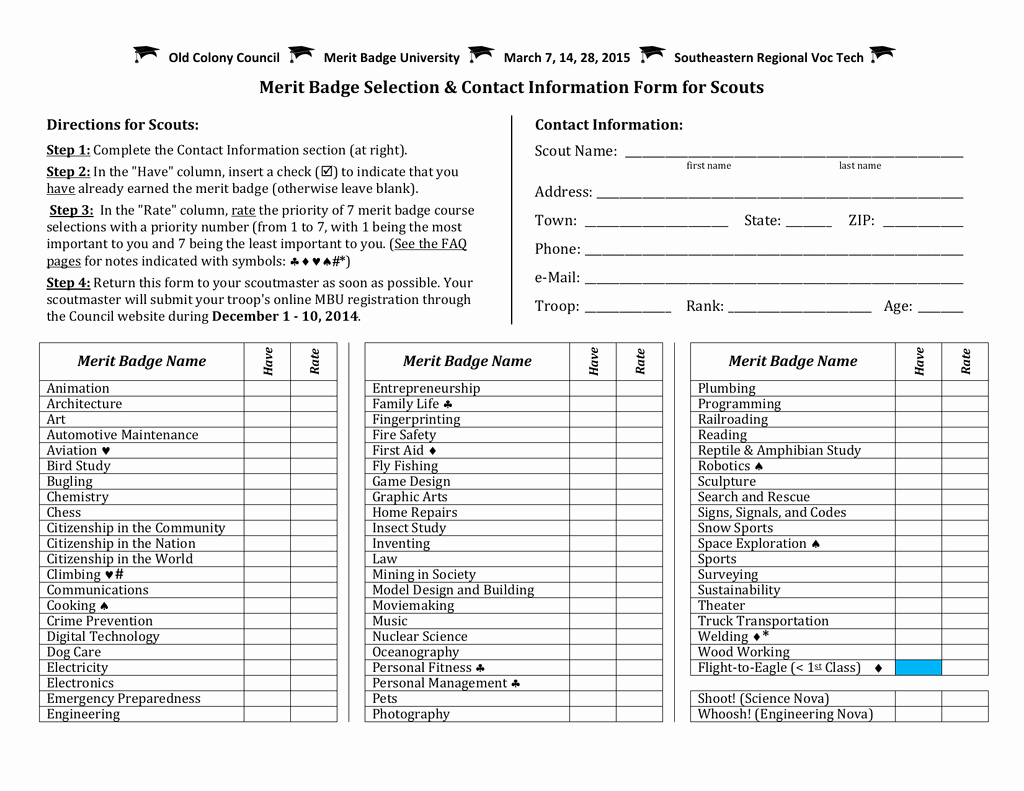
chessmuseum.org
Firearms Safety Merit Badge Worksheet

printablemediachristian.z13.web.core.windows.net
Fire Safety Merit Badge Worksheets

henenta1a0lessonlearning.z13.web.core.windows.net
Free Fire Safety Worksheet For Kindergarten, Download Free Fire Safety

worksheets.clipart-library.com
Scout Merit Badge Worksheets

lessonmediastgeorge.z21.web.core.windows.net
Free Safety Merit Badge Worksheet, Download Free Safety Merit Badge

worksheets.clipart-library.com
Fire Safety Merit | Schemes And Mind Maps Chemistry | Docsity

www.docsity.com
Fire Safety Merit Badge Worksheets

calandrasezcdblearning.z14.web.core.windows.net
50 Fire Safety Merit Badge Worksheet – Chessmuseum Template Library
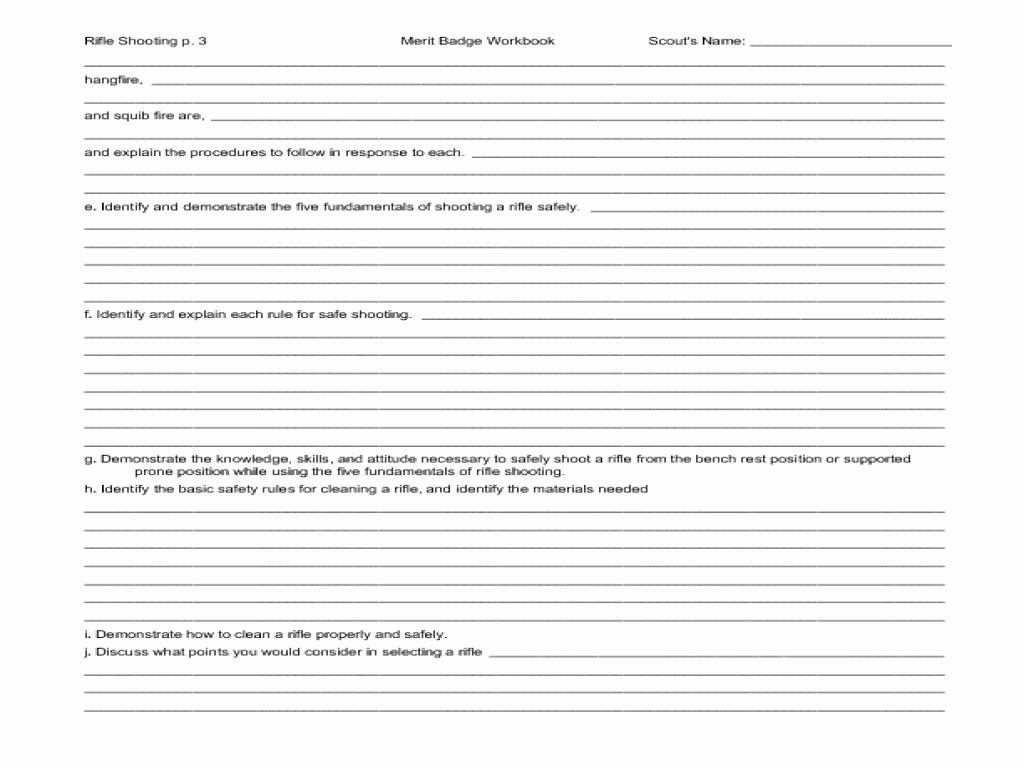
chessmuseum.org
Free safety merit badge worksheet, download free safety merit badge …. Traffic safety merit badge worksheet. Bsa fire safety merit badge worksheet